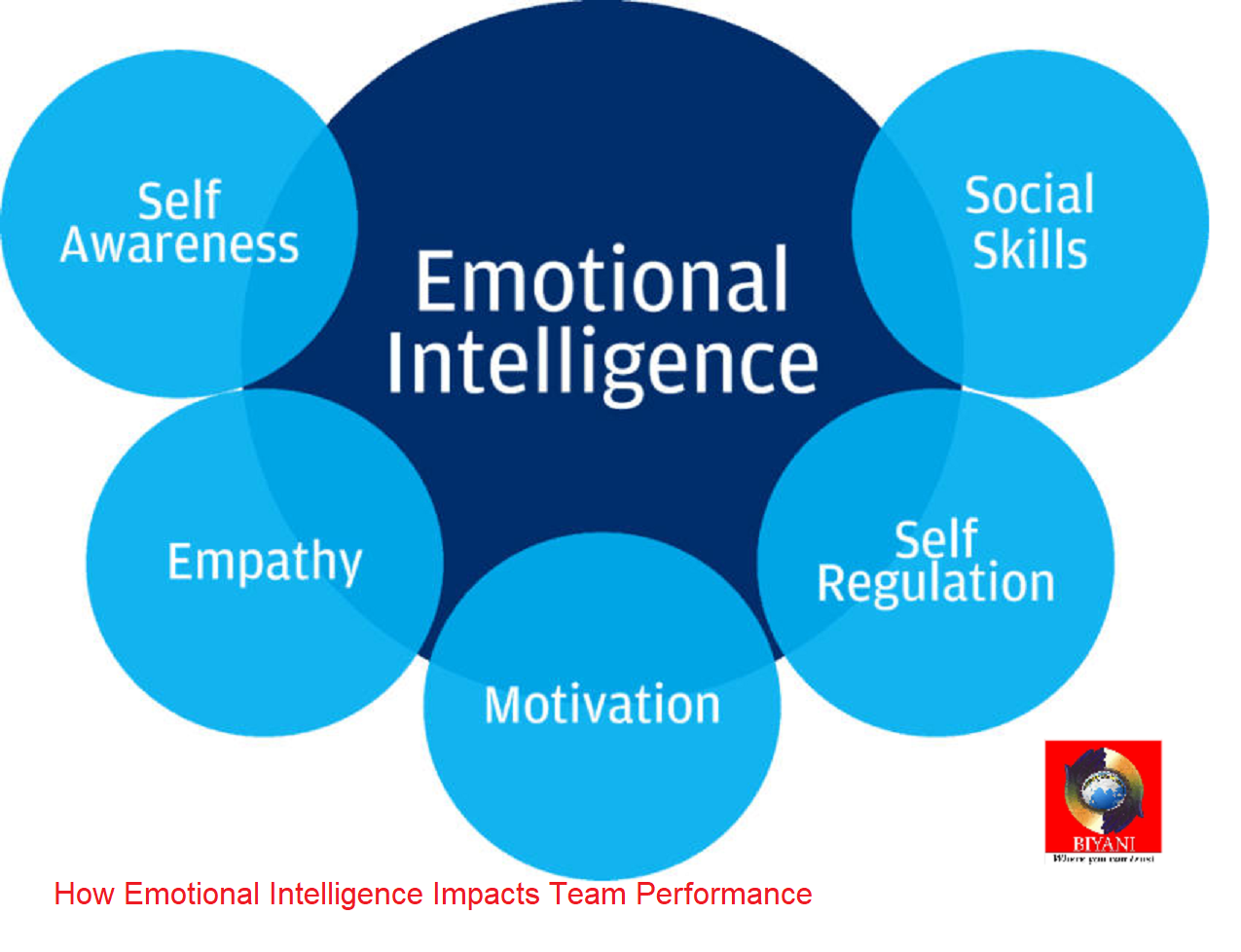Introduction
Technology is revolutionizing the way we work, and India is no exception. In the past few decades, major technological advancements have taken place. After COVID-19, the pace of these advancements accelerated. The 4th industrial revolution is characterized by rapid advancements in artificial intelligence (AI), automation, and machine learning (ML). India’s employment structure is undergoing a significant shift. On one hand, some jobs are becoming obsolete, while at the same time, new opportunities are emerging in digital and tech-driven industries. To navigate this transformation successfully, future professionals need to be equipped with the right skills and knowledge—pursuing a top course which provide a strong foundation in business, technology, and innovation. So the challenge is: how can India prepare for this transformation and ensure AI becomes a boon rather than a threat to employment?
Structure Of India’s Employment
India’s employment structure has been unique. In most East Asian countries, transformation occurred due to quick industrialization. But India skipped industries and directly jumped to the services sector. It became a service-led economy, which led to high GDP growth but low growth in productive and formal jobs.
India is encountering skill shortages and unemployment at the same time. This means industries are seeking labor but not receiving candidates with relevant skills, while people remain unemployed due to a mismatch in job requirements. Here’s how things are shifting:
1. Job Disruptions in Conventional Sectors:
- Retail & Customer Service: Online shopping and AI-based customer service robots are making in-store employees and call center agents obsolete.
- Manufacturing & Automation: Robot workers and AI-operated machines are taking over manual labor in manufacturing, minimizing the use of human laborers.
- Banking & Finance: AI-based chatbots, automated trading systems, and digital banking services are making processes more efficient, resulting in job losses in traditional positions.
2. Emergence of Tech-Driven Job Opportunities:
- Gig Economy & Freelancing: Online platforms such as Upwork, Fiverr, and India’s own UrbanClap are opening gates for freelancers of different disciplines.
- AI & Data Science: The demand for AI experts, data analysts, and cybersecurity professionals is going through the roof.
- E-commerce & Digital Marketing: As more businesses go online, the demand for digital marketers, content developers, and e-commerce managers is rising.
3. Expansion of Remote Work and Hybrid Models
The COVID-19 pandemic pushed the world towards remote work, and technological progress has facilitated the process of hiring employees from anywhere in the world. This shift resulted in the inclusion of more women in the workforce, as remote work gives them a chance to balance professional and social responsibilities. With AI-powered collaboration tools, Indian professionals are now competing in the global marketplace.
Is India Adaptive to AI and Automation?
India has made significant strides in embracing AI and automation, but challenges remain. Let’s assess India’s adaptability:
Strengths:
- Startup Ecosystem: India has a thriving technical and fintech startup culture, with AI-driven companies growing rapidly.
- Government Initiatives: Programs like “Digital India,” “Skill India,” and “AI for All” aim to integrate AI into various sectors.
- IT Talent Pool: India is home to a vast pool of skilled engineers, developers, and AI specialists.
Challenges:
- Regulatory and Ethical Issues: Lack of data privacy regulations and weak AI ethics make ethical dilemmas more severe.
- Skill Gap: Most workers do not possess AI and digital skills, making them vulnerable and unfit for emerging tech jobs.
- Slow Adoption in MSMEs: Many small and medium enterprises (SMEs) are outdated and not adaptable to the AI ecosystem.
Making AI a Boon for India: What Needs to Be Done?
To ensure that AI is a growth driver instead of a job destroyer, India needs to take strategic action:
- Reskilling and Upskilling the Workforce
- Roll out mass-scale AI and digital literacy programs.
- Foster industry-university partnerships for developing skills.
- Support online learning platforms for AI and automation training.
- Scaling AI Adoption in Small Businesses
- Offer government incentives and subsidies to adopt AI in SMEs.
- Create affordable AI solutions designed specifically for Indian industries.
- AI Regulation and Ethics Reinforcement
- Implement AI governance models for effective ethical AI adoption.
- Prioritize data protection and confidentiality to ensure confidence in AI services.
- Promoting Entrepreneurship Based on AI
- Facilitate funding for AI start-ups, incubators, and mentoring initiatives.
- Enhance partnerships among the big-tech corporations and Indian entrepreneurs.
Conclusion:
While AI and automation are shattering conventional job functions, they also present unparalleled opportunities for innovation and expansion. India requires a paradigm shift from being a cheap labour provider to a value provider. The way forward is in embracing these shifts by reskilling the workforce, enabling small businesses, and building a strong AI-driven economy. Educational institutions like Biyani Girls College in Jaipur are playing a pivotal role in preparing the next generation of professionals to thrive in a tech-driven world. If India makes this shift smartly, AI will not be an employment killer but a force multiplier for jobs and economic advancement. The future of work is evolving—are we prepared to seize it?”
Blog By:-
Ms.Himanshi Sethi
Assistant Professor, Economics, Dept of Social Science
Biyani Girls College


